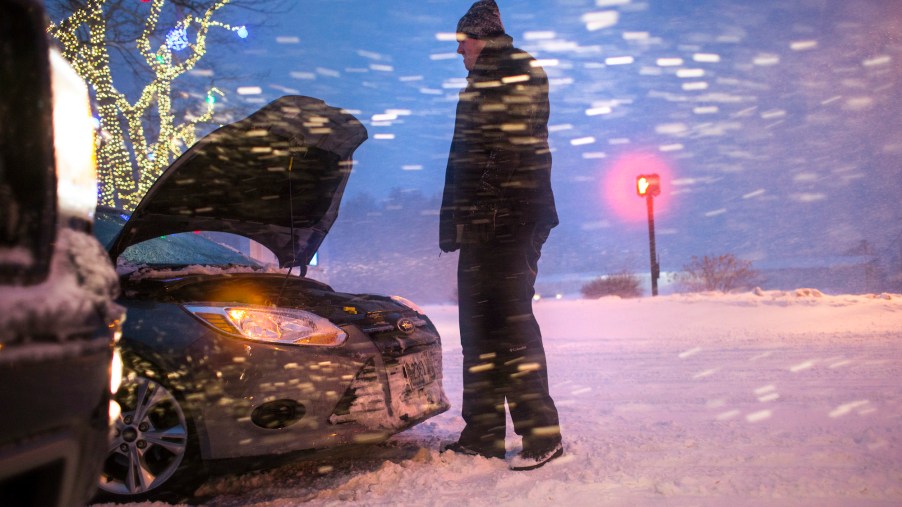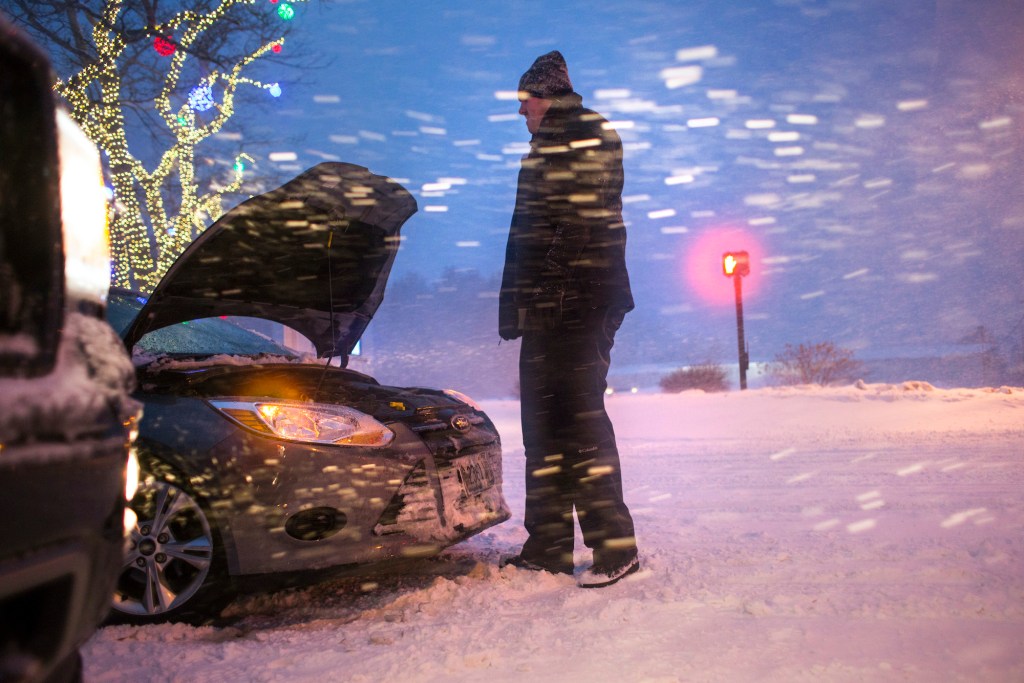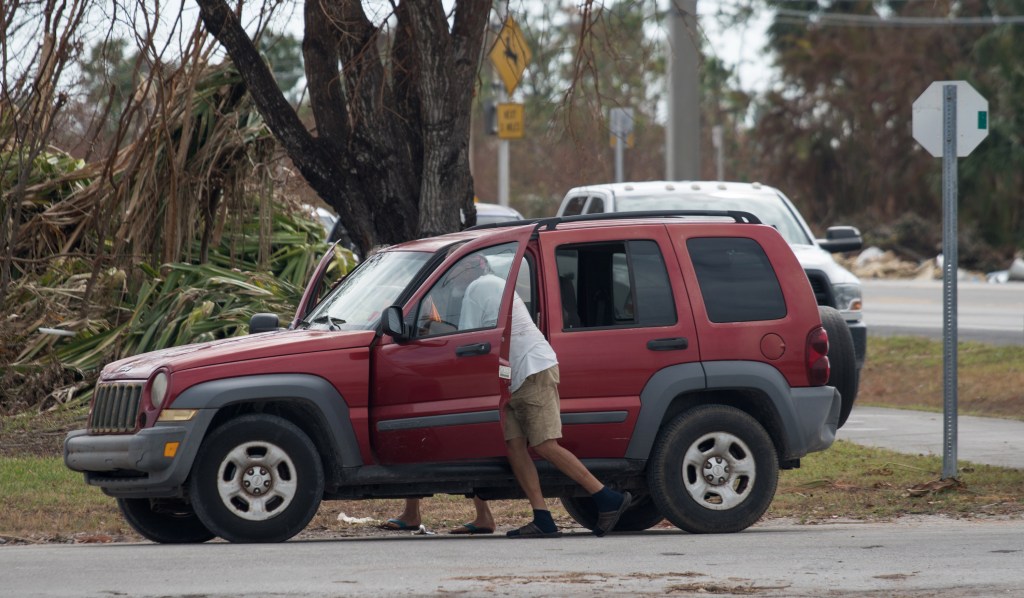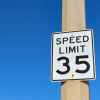
Can a Dealership Shut Your Car Off Remotely?
Imagine walking out to your car after running an errand, getting in, and turning the key only to find out that it doesn’t start. Could it be a dead battery or perhaps something worse? Maybe, but it might surprise you that it could possibly even be the dealership that you bought the car from not allowing you to start it.
Why would a dealership not allow you to start your car?

If you bought your car from a “buy here, pay here” dealership, then your car could be subject to being spontaneously shut off. According to Autoblog, many small dealerships that serve the subprime borrower market install kill switches in the cars that they sell. It’s put there in case the buyer fails to make a payment, which will lead to the car being remotely shut off.
The device itself is connected to the vehicle’s powertrain and controlled remotely by either the dealer or the lender. The power is typically cut a few days after a payment is missed, but the impending shut-off is preceded by a series of beeps and flashing indicators. In that case, the driver should be well aware that there may something up with the car.
The kill switches are seen as a win-win situation for the consumer and lender
While it might sound highly invasive and even illegal for dealers or lenders to install kill switches in the cars that are sold, it’s not. In fact, Autoblog reports that some proponents of the devices see them as a win-win for both the consumers and the dealers. The logic behind it is that consumers will have an incentive to make their payments on time and dealers don’t have to worry about not getting paid.
CBS News reported on these kill switch devices and spoke to a former car dealer, Michael Fischer, who stated, “It’s a very risky business. I’ve been there. I lost a lot of cars which I didn’t think was possible. I could find the customer. I just couldn’t find the car.”
However, there is also the other side of the situation, the customer, who can potentially get stranded in the middle of nowhere or worse if their car randomly shuts off. Pew reported on a Las Vegas woman who had her car shut off while driving down Interstate 15. Not only did the car shut off, but its steering wheel locked up and she was barely able to make it to the shoulder safely.
Is this even legal?

The laws on remote kill switches vary throughout the country. As of now, only five states – California, Colorado, Connecticut, Nevada, and New Jersey – have regulations regarding kill switches. Those regulations require that the lender or dealer tells every customer that the car they are buying is being tracked via GPS and can be shut off if the monthly payment isn’t met.
For every other state, it’s currently fair game. And while it may seem like a harsh punishment for being late on your car payment, consider that the kill switch method is far less embarrassing than having a repo man show up and tow the car away. After all, that’s what would happen if you miss a payment on a car without a kill switch.
Either way, whether you buy a car from a traditional dealer or a smaller “mom and pop” dealer, it pays to not miss a payment. Especially if it means that you won’t be stranded in a random place at the wrong time.



